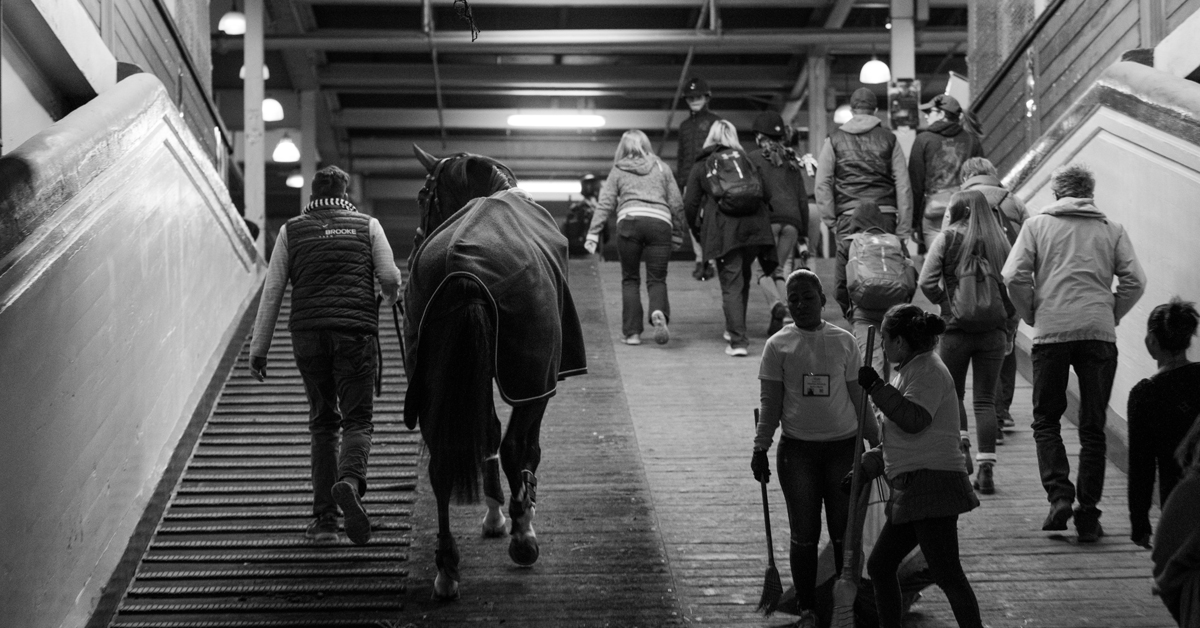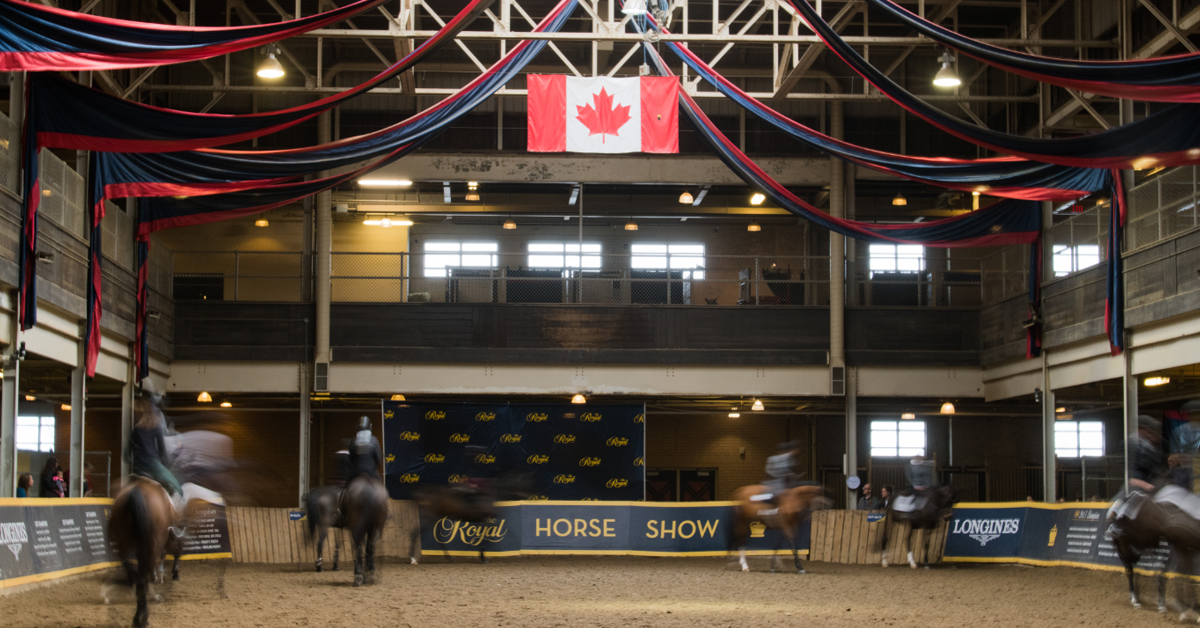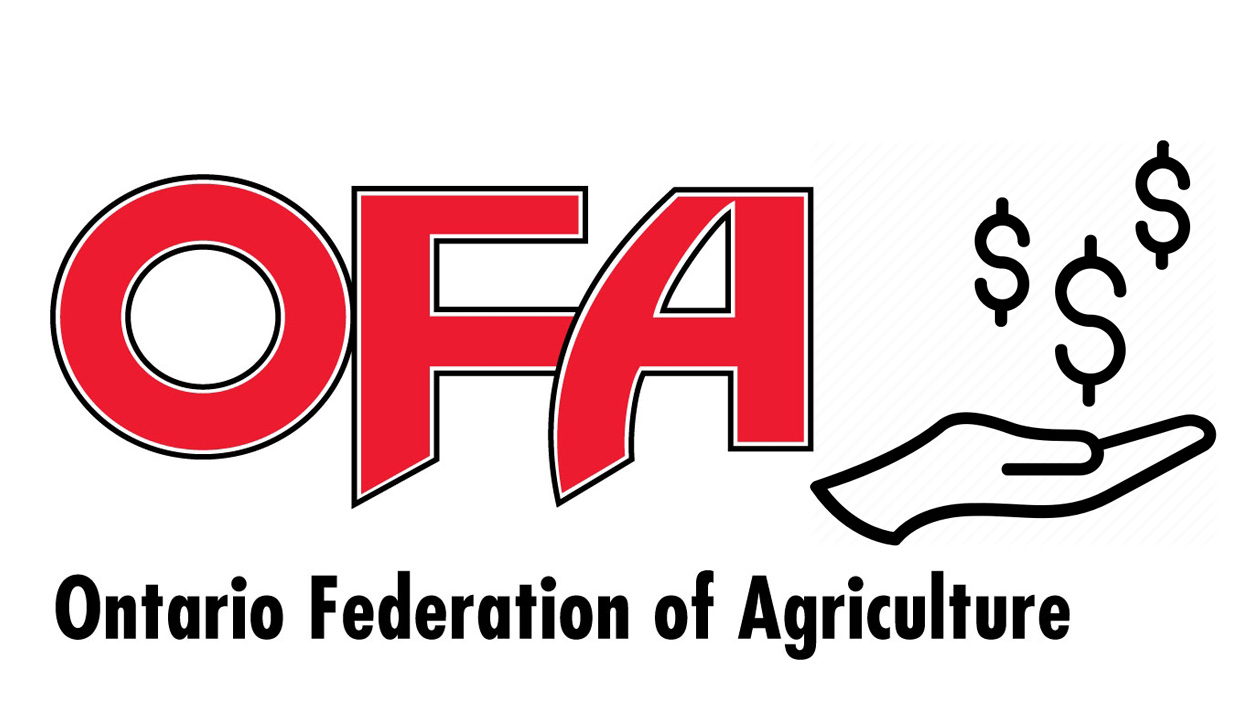An unpopular new rider invitation system for international jumping shows has been shelved with immediate effect, with a renewed pledge not to endorse “pay cards,” following a backlash from riders, owners and national federations. The invitations process that applied last year has been reinstated while the FEI Jumping Committee conducts a “further review” of CSI Invitation Rules “to find a sustainable solution acceptable to NFs and stakeholders.”
The new criteria for invitations was linked to a new online entries system, fully operational from January 2018.
But before, during and after the FEI Sports Forum in Lausanne on April 10-11, the new process met fierce criticism. In particular, independent show organisers alleged that a preferential system had been applied to Jan Tops’s Global Champions Tour and Global League, with whom the FEI recently settled a lengthy legal battle over FEI exclusivity.
In an update to NFs this week, the FEI said the Bureau “has decided to suspend the 2017 CSI Invitation Rules at all star level until further notice. The online templates for draft schedules will be updated accordingly.
“The review will be done in close cooperation with National Federations and the relevant stakeholders in order to come up with solutions that have a large consensus. Any proposal must not endorse pay cards and the system must always ensure fair opportunities for our athletes and maintain the health of our sport.”
“As agreed during the FEI Sports Forum, the CSI/CSIO requirements will also be reviewed.”
This is the third time in recent weeks that a radical proposal has been dropped following backlash from the international jumping community. At the Sports Forum, FEI president Ingmar de Vos announced that the Table C (Speed leg) would be reinstated in the World Equestrian Games format, despite the vote for its removal at the FEI General Assembly as part of the new formats package for WEGs and Olympic Games.
The same Forum also dropped the “harmonisation” of CSI entry fees from the official agenda. It could have trebled costs for owners in the rest of the world when bringing fees up to the levels typical in North America.
The latest dispute has highlighted the “underground” practice of “pay cards” – the popular term for an Organisers Invitations that the recipient has paid a large sum to obtain. All show organisers can extend personal invitations to a number of preferred riders who have not got into the show through the official criteria. It is against FEI rules for money to change hands, but even De Vos acknowledged this had happened for years, even if no organiser had been ever disciplined for selling invitations.
Pay cards are understood to be a key part of the Global Tour’s business model and De Vos said the Tour had undertaken not to use them any more.
However, critics on the new proposals said pay cards still existed under another name; Organisers Invitations for the Tour would now be heavily weighted towards the riders in its commercial teams League whose patrons pay a purported 2 million Euros each per season. Stephen Conter, a prominent 5-star organiser in Belgium, repeatedly asked what would happen if independent shows clubbed together and invented their own “team” series in a bid to receive the advantages purportedly extended to Tops.
De Vos told the Forum: “There have been pay cards [in past years]. The reality is that there was no implementation [of FEI regulations for pay cards] and many organisers used the fact there was no control.”
De Vos insisted the online entries system would mitigate against pay cards, while FEI vice president and jumping committee chair John Madden said riders should help “police” illegal pay cards by reporting any evidence.
The FEI’s IT department has been monitoring GCT 2017 entries and reported that to date invitations were being correctly applied.
More from Horse Sport:




